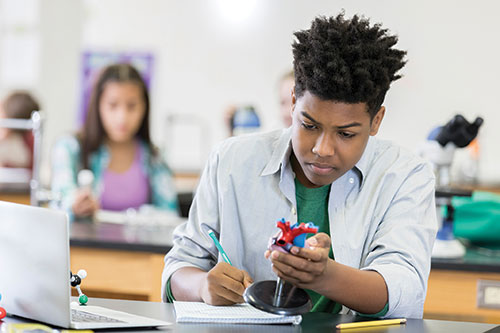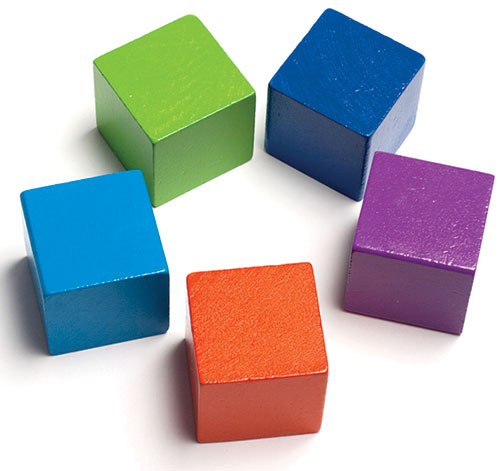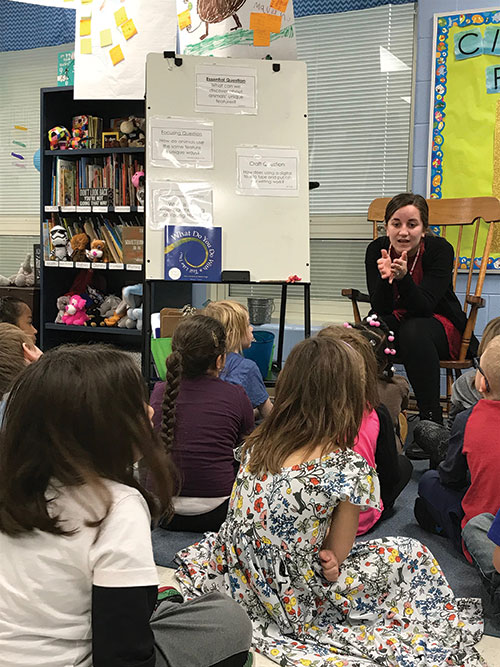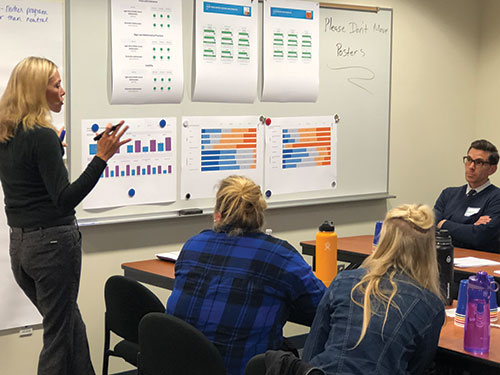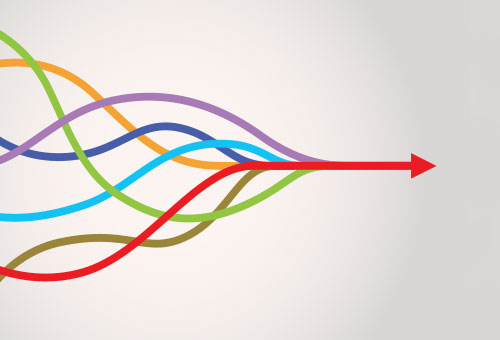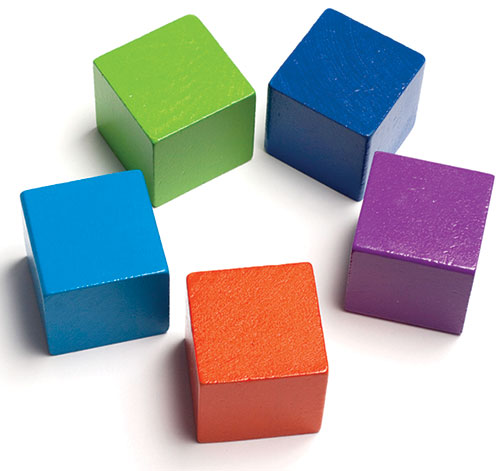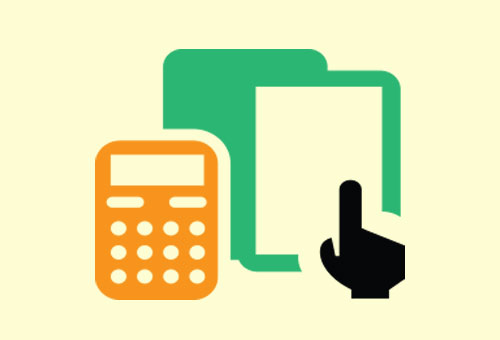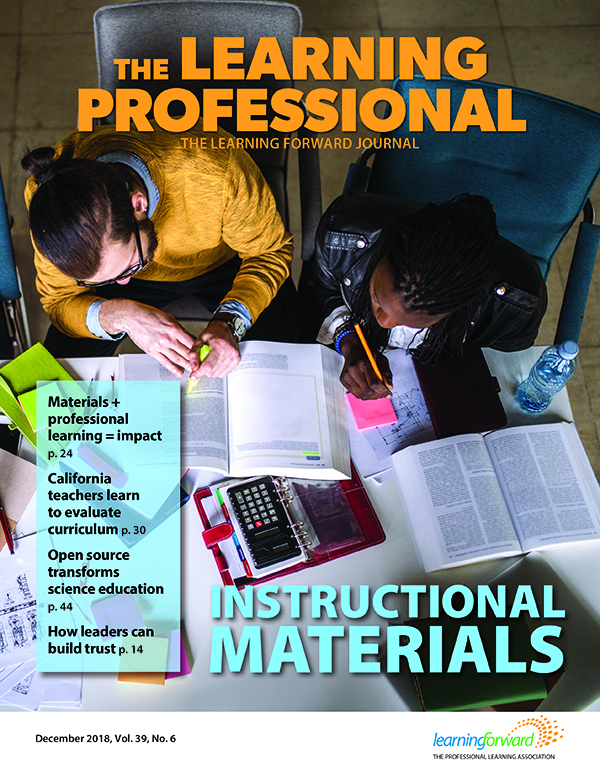
Instructional Materials
December 2018
Vol. 39 No. 6
Read the remaining content with membership access. Join or log in below to continue.
Sed ut perspiciatis unde omnis iste natus error sit voluptatem accusantium doloremque laudantium, totam rem aperiam, eaque ipsa quae ab illo inventore veritatis et quasi architecto beatae vitae dicta sunt explicabo. Nemo enim ipsam voluptatem quia voluptas sit aspernatur aut odit aut fugit, sed quia consequuntur magni dolores eos qui ratione voluptatem sequi nesciunt. Neque porro quisquam est, qui dolorem ipsum quia dolor sit amet, consectetur, adipisci velit, sed quia non numquam eius modi tempora incidunt ut labore et dolore magnam aliquam quaerat voluptatem.
In This Issue
FOCUS
Open source for opening minds
OpenSciEd is designed to shift teachers’ and students’ vision of science instruction to meet new standards.
Step by step
An action research project illuminates stumbling blocks to effective curriculum implementation.
Teaching is an art - and a science
There is artistry in teaching. At the same time, there is a science to how students learn.
Strong materials in the hands of great teachers
During a year of school visits, four primary lessons emerged about what makes curriculum work.
Beyond buy-in
Teachers learn to evaluate and adopt materials in a southern California school district.
Materials matter
Instructional materials + professional learning = student achievement
The value of instructional materials
Infographic highlights gaps in teachers’ knowledge and use of curricula.
TOOLS
Implementing instructional materials
Conversation protocols for nurturing the capacity to use high quality materials.
IDEAS
Building blocks of collaboration
A coaching framework can guide the way for coaches to strengthen teams.
From theory to practice
Ontario district finds five key components to successful change in secondary schools.
RESEARCH
Engaging in science research changes teachers' beliefs and practice
Science teachers benefit from being researchers.
Essentials
Curriculum reform, new teacher mentoring, and more.
VOICES




UPDATES
Recent Issues
MEASURING LEARNING
June 2025
To know if your professional learning is successful, measure educators’ and students’ learning. This issue offers strategies and examples of a wide range of approaches for evaluation and storytelling.Read the […]
NAVIGATING NEW ROLES
April 2025
Whether you’re new to your role or supporting others who are new, professional learning is essential for getting up to speed. This issue includes strategies and advice for a wide […]
LEARNING DESIGNS
February 2025
How we learn influences what we learn. This issue shares essential resources for creating, facilitating, and assessing high-quality professional learning.Read the remaining content with membership access. Join or log in […]
BUILDING BRIDGES
December 2024
Students benefit when educators bridge the continuum of professional learning between K-12 schools and other institutions. Read the remaining content with membership access. Join or log in below to continue. […]


